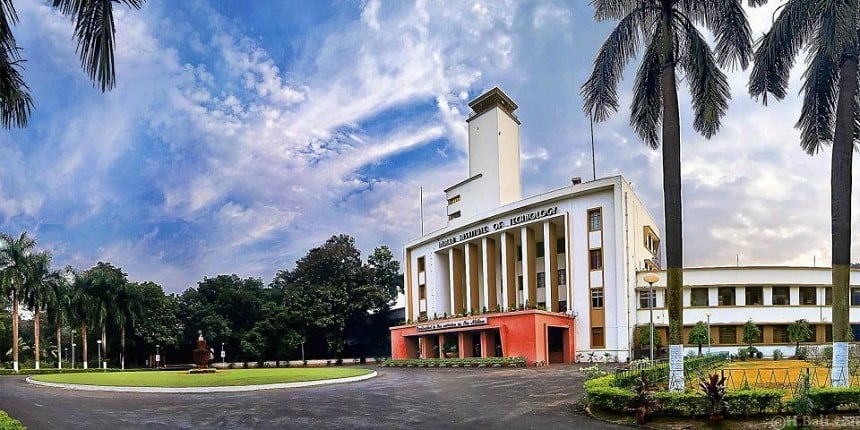IIT-Kharagpur, Deccan College Pune develop technique to retrieve sea surface temperature data
Press Trust of India | April 4, 2022 | 11:31 AM IST | 1 min read
IIT Kharagpur: The method can be used in any kind of biological organisms and has vast potential in climate studies

KOLKATA: A team of researchers from IIT-Kharagpur and Deccan College PGRI Pune has developed a new technique that can precisely retrieve data about past seasonal change in sea surface temperature from calcium carbonate continuously secreted by biological organisms like fish. These carbonates are concentrated in fish ear bones, known as otoliths.
The study, which has just been published in Rapid Communications in Mass Spectrometry, was funded by the Infosys foundation, IIT-Kharagpur said in a statement Sunday. The method can be used in any kind of biological organisms and has vast potential in climate studies, it said. “Instrumental climate record is not available at every place. If anyone wants to know, for example, how the temperature changed over week to monthly scale during the last several years in deep tiger infested creeks of Sundarban delta, one can go catch a live fish that recorded the past climate in otoliths,” the statement said.
Also Read | IIT Madras, Renault Nissan Technology collaborate to reduce road accident fatalities in Chennai
The key problem in modelling past climate is lack of seasonality data, principally because geological or archaeological records do not provide that kind of resolution. “We have employed a novel technique where few millimetre size otoliths are analysed by a carbon-dioxide laser at few micron scale intervals for measuring their oxygen isotopic compositions. "The isotopes of oxygen in these otoliths depend on the temperature of the water in which the fish grew and therefore record continuous snapshots of past temperature during its lifetime of a few years," said Lead Investigator Prof Anindya Sarkar, Department of Geology & Geophysics, IIT-Kharagpur.
Dr Arati Deshpande Mukherjee of Deccan College, who collaborated in this research, added: “We are studying the 5,000-year-old fish otoliths from Indus Valley sites to assess how the seasonality through time affected the growth and collapse of this spectacular civilization.”
Follow us for the latest education news on colleges and universities, admission, courses, exams, research, education policies, study abroad and more..
To get in touch, write to us at news@careers360.com.